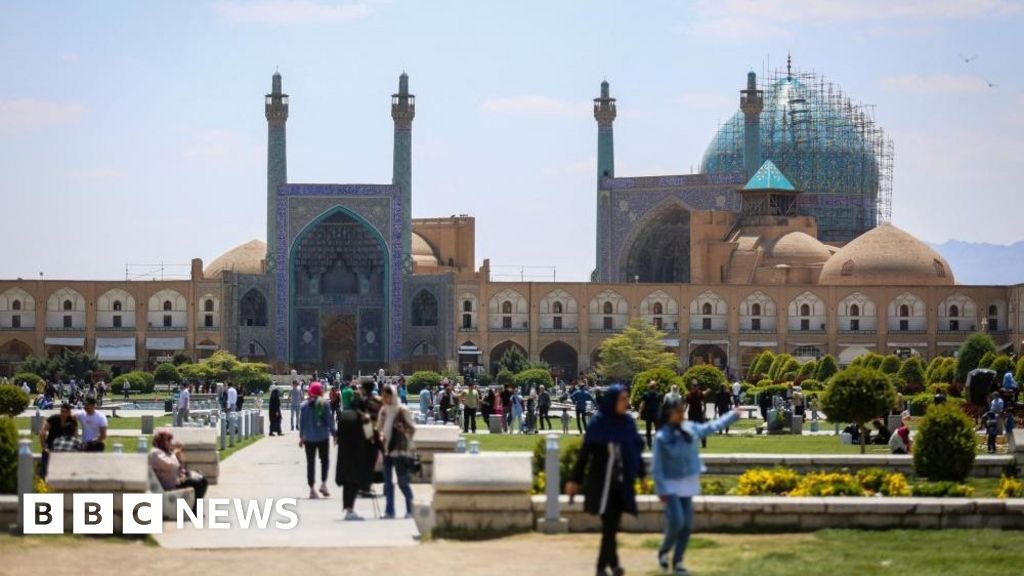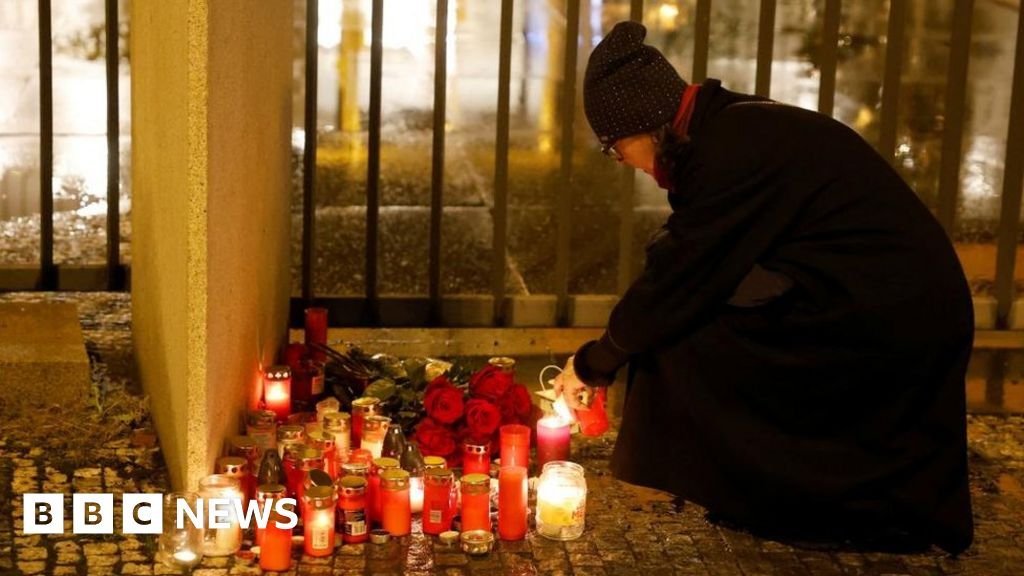Prime Minister Benjamin Netanyahu this week engaged in increasingly public spats with his military brass, his right-wing coalition partners and his most powerful supporter, the White House. The cascading conflicts — all with allies who are on his side in the battle against Hamas — have renewed difficult questions about the future of the war and about the Israeli leader’s own political survival.
“We are fighting on several fronts,” Mr. Netanyahu said in a statement this week directed at his squabbling coalition partners — whom he told to “get a hold of themselves” — but he could easily have been describing himself.
In the ninth month of the war, Mr. Netanyahu finds himself increasingly isolated. His pledges of “total victory” against Hamas are at odds with his military leadership, which has signaled that it wants to ease combat operations in Gaza and that only a cease-fire can bring home the remaining Israeli hostages. He has alternately placated and slapped down his right-wing allies, whose support he needs to remain in office but whose hawkish stances on the war and on Palestinian rights have drawn international condemnation.
Analysts say the combative strategy reflects Mr. Netanyahu’s need to balance competing interests — to show a domestic audience that he is standing up for the country amid the rising global outcry over the war, while keeping his right-wing allies just close enough that they don’t abandon him.

Still, he is picking a high-stakes fight with the Biden administration, which has provided political cover for Israel’s devastating military campaign while supplying it with key weapons. On Monday, President Biden overcame congressional opposition to finalize one of the biggest U.S. arms sales ever to Israel, an $18 billion deal for F-15 jets.
The next day, however, Mr. Netanyahu posted a video lashing out at the United States for withholding some heavy munitions, an apparent reference to the Biden administration’s decision to withhold a shipment of 2,000-pound bombs over concerns about their use in densely populated parts of Gaza.
That video drew a sharp response on Thursday from John F. Kirby, a White House spokesman, who said that there was “no other country that’s done more, or will continue to do more, than the United States to help Israel defend itself.” The Israeli leader’s comments were “deeply disappointing and certainly vexing to us,” Kirby added.
Soon afterward, Mr. Netanyahu issued a statement saying that he was “willing to absorb personal attacks if that is what it takes for Israel to get the arms and ammunition it needs in its war for survival.”
Though the Biden administration has expressed increasing frustration with the direction of the war, there is little sign that Mr. Biden will significantly scale back U.S. support for Israel in an election year. Mr. Netanyahu retains the strong backing of Republicans in Washington, who led an effort to invite the Israeli leader to address a joint session of Congress next month, an apparent bid to make some progressive Democrats’ opposition to the war a campaign issue.
More pressing for Mr. Netanyahu at home is the feud with his military leadership, which also escalated this week.
Going public with frustrations that have simmered for months, the armed forces’ chief spokesman, Rear Adm. Daniel Hagari, appeared to criticize Mr. Netanyahu’s oft-repeated call for “absolute victory,” saying: “The idea that it is possible to destroy Hamas, to make Hamas vanish — that is throwing sand in the eyes of the public.”
The military has indicated that it wants to wind down the fighting in Gaza, saying on Wednesday that it was relaxing some wartime restrictions on Israeli communities near the border and that it was very close to defeating Hamas’s forces in Rafah, the city it has described as the armed group’s last stronghold.
But Mr. Netanyahu has shown no sign of wanting to end the war, refusing to endorse a U.S.-backed cease-fire proposal to pause hostilities, free hostages and open talks on a permanent truce. On Thursday, after meeting with families of hostages at his office in Jerusalem, Mr. Netanyahu signaled that he wanted Israeli troops to keep fighting.
“When we are in Gaza, the pressure changes; our activity creates opportunities to return the hostages,” he said, according to a statement from his office. “We will not leave the Gaza Strip until all of the hostages return, and we will not leave until we eliminate Hamas’s military and governing capabilities.”
That position is backed by his right-wing cabinet ministers, led by Finance Minister Bezalel Smotrich and Itamar Ben-Gvir, the minister for national security. But they both oppose amending Israeli laws to allow ultra-Orthodox Jews to be conscripted, a change that the military says is needed in order to ease the war’s toll on its forces — and another point of contention between the army leadership and Mr. Netanyahu.
The Israeli leader has also tussled with Mr. Ben-Gvir, however. After the far-right minister demanded a greater role in wartime decision making, Mr. Netanyahu dissolved his informal war cabinet this week in what analysts said was an effort to exclude Mr. Ben-Gvir. A member of Mr. Netanyahu’s party later accused Mr. Ben-Gvir of leaking state secrets.
Amos Harel, a columnist for Israel’s Haaretz newspaper, which is often critical of Mr. Netanyahu, wrote that the prime minister was “taking shots” at “everyone in his way.”
“In security, in politics, in Israel’s foreign relations, Netanyahu continues to pursue a policy of brinkmanship, and in a way that has become far more extreme during the war,” he wrote in a column published Friday.










